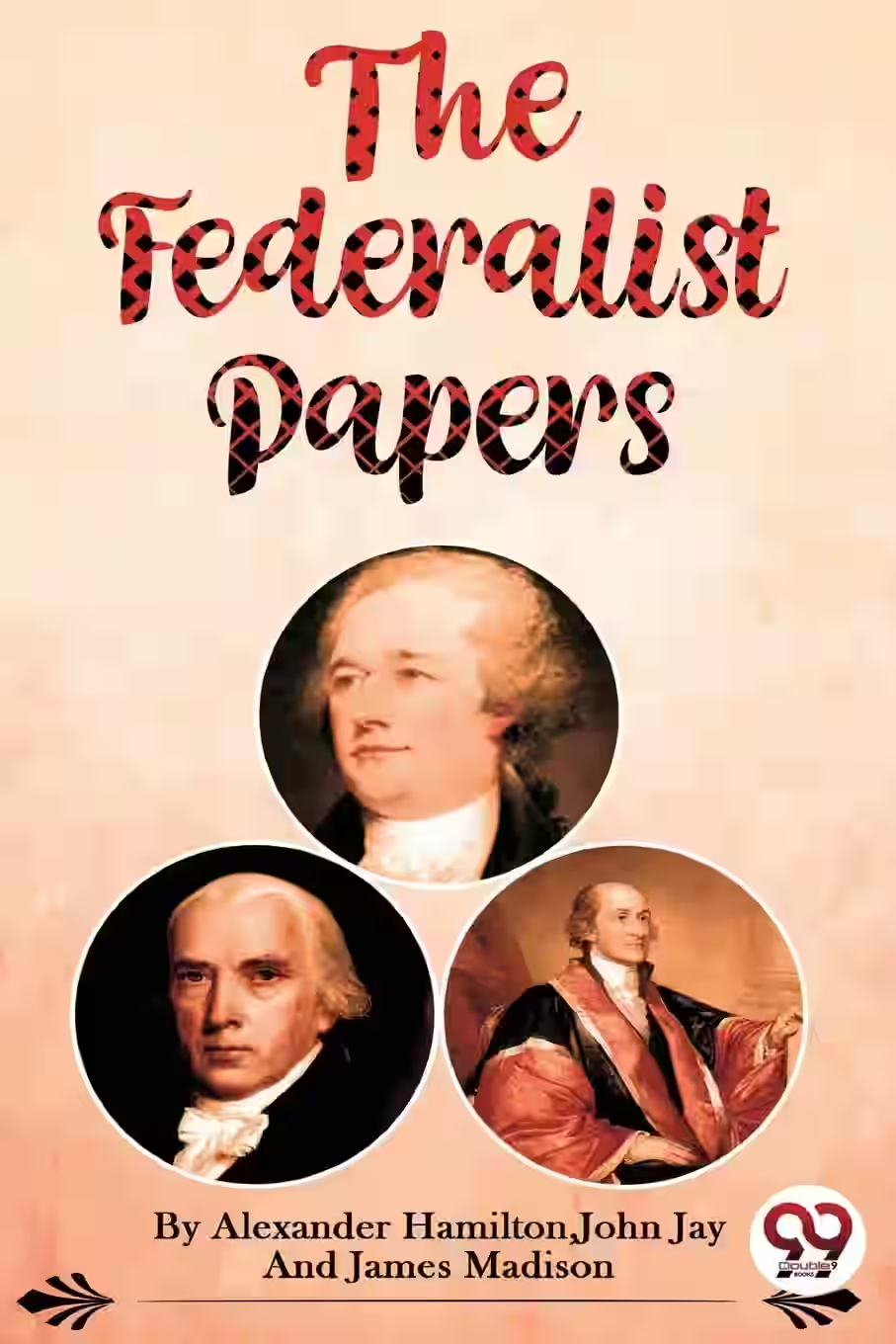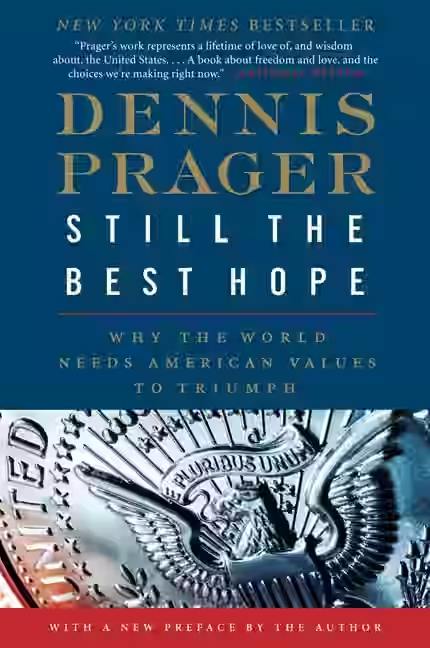Political Philosophy
Political philosophy is a genre of books that explores theories about power, governance, justice, and societal organization, examining the foundations of political systems and values.

The End of History and the Last Man
In 'The End of History and the Last Man,' Francis Fukuyama explores the concept of the end of history, arguing that liberal democracy represents the final form of government and the ultimate goal of human socio-political development. Fukuyama delves into the Hegelian idea of humanity's journey towards a universal state of freedom and democracy, positing that the fall of the Soviet Union marked the realization of this vision. However, he contemplates the challenges to this theory, particularly the rise of identity politics and challenges to the liberal democratic order. This thought-provoking book continues to spark debates on the future of global governance and ideology.

The Federalist Papers
by Alexander Hamilton, James Madison, John Jay
In 'The Federalist Papers,' a collection of essays penned by Alexander Hamilton, James Madison, and John Jay, the authors fiercely advocate for the ratification of the United States Constitution, defending its principles and addressing concerns about its implementation. Touching on key themes like the benefits of a strong central government, the importance of checks and balances, and the dangers of factions, this influential work laid the groundwork for interpreting the Constitution and understanding the intentions of the framers. With eloquent arguments and profound insights into political philosophy, 'The Federalist Papers' remains a vital resource for students of American history and government.

Still the Best Hope: Why the World Needs American Values to Triumph
In 'Still the Best Hope: Why the World Needs American Values to Triumph,' Dennis Prager passionately argues for the universal significance of American values in the face of ideological challenges. He dissects the contrasts between the American Trinity of Liberty, In God We Trust, and E Pluribus Unum and the Left, Islamism, and nationalism, positing that the American value system offers the best path forward for humanity. Prager delves into historical contexts, philosophical reflections, and current societal issues, presenting a compelling case for the enduring relevance of American ideals. This book is a stirring call to uphold and promote these values globally.